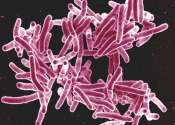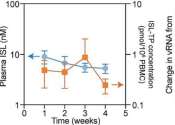Precision medicine for sepsis in children within reach
Sepsis—the leading cause of mortality in children around the world—can present with a wide range of signs and symptoms, making a one-size-fits-all treatment strategy ineffective. Pursuing a precision medicine approach ...
Jun 11, 2024
0
0









